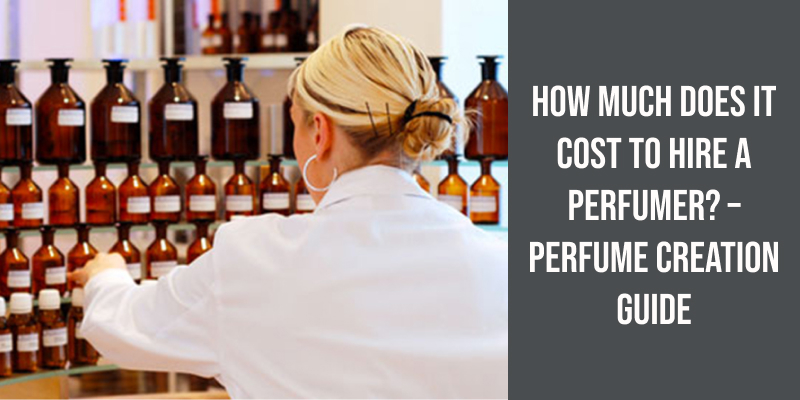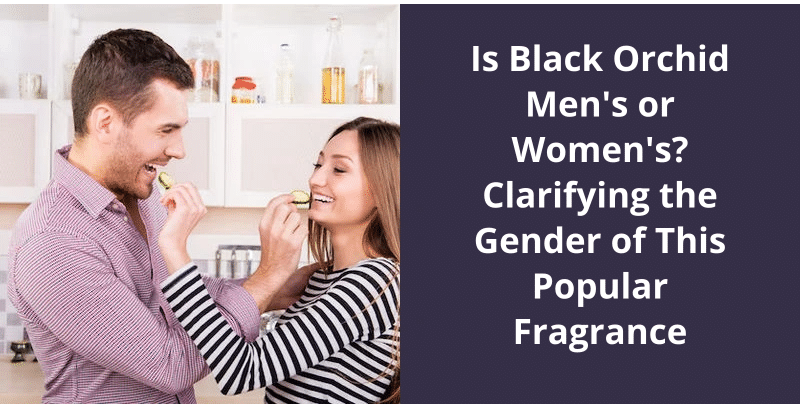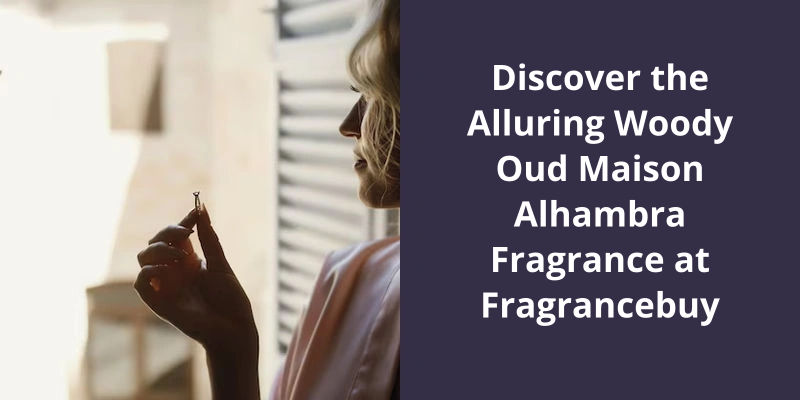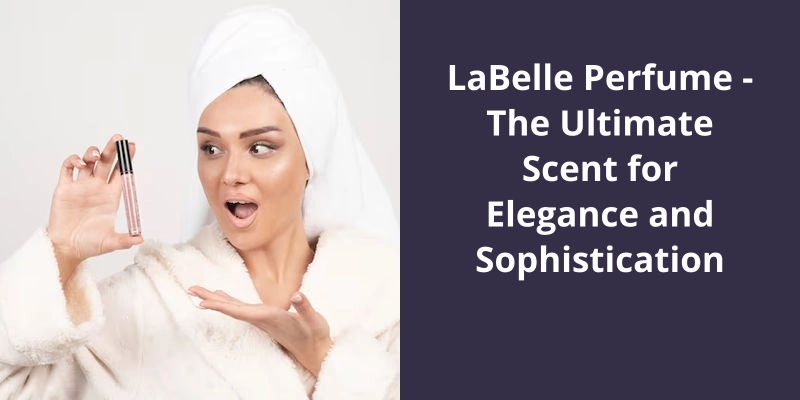Hiring a perfumer can cost quite a bit due to the factors involved in creating a unique and high-quality perfume. Costs can range between $5000 to $30,000 depending on the scale of the project, the ingredients used and the reputation of the perfumer. This price usually includes the services of the perfumer, the development of the perfume formula, and the first lab sample. Keep in mind, the cost for creating a perfume can multiply if you plan to produce it on a large scale. It’s also important to remember that high-end experienced perfumers may charge significantly more due to their expertise and demand in the market.

Is It Expensive to Start a Perfume Line?
Developing a quality product is crucial to the success of any perfume business, and the cost associated with creating product samples can add up quickly. Samples must be produced in high quantities to ensure consistent quality, and expensive ingredients must often be used to create scents that stand out in a crowded market.
Packaging materials. Packaging is a key part of any perfume business, and can account for a significant portion of startup expenses. Perfume bottles, labels, sprayers, and shipping boxes all need to be carefully designed and coordinated to ensure a cohesive brand identity that communicates your companys values to potential customers.
Marketing expenses. Once you’ve developed your product and packaging, you’ll need to actively promote your perfume line to the public. This can include costs associated with branding, social media marketing, influencer partnerships, and more. Depending on the size of your marketing budget, you may need to invest in a professional copywriter, designer, or marketing agency to help you create effective campaigns that connect with your target audience.
Regulatory compliance. In addition to the more creative aspects of starting a perfume line, there are also several regulatory hurdles to clear before your products can be legally sold to consumers. This can include obtaining licenses and permits, ensuring that your ingredients are safe and compliant with FDA regulations, and complying with labeling and packaging requirements.
Inventory management. Once your perfume line is up and running, you’ll also need to manage your inventory carefully to ensure that you always have sufficient stock on hand to meet customer demand. This can include costs associated with hiring fulfillment providers, storing products in a warehouse, and managing incoming and outgoing shipments.
Overall, while starting a perfume line can be a costly endeavor, it’s an investment in the future success of your business. By carefully budgeting for all of the necessary expenses and working with experienced professionals and partners, you can create a sustainable and profitable brand that stands out in the crowded perfume industry.
Creating a custom perfume isn’t just an art, but a complex and expensive process that involves expertise and time. It requires a skilled perfumer to curate a unique scent that captures the essence of an individual, and the costs for such a personalized product can be quite steep. In fact, according to Thomas Fontaine, a perfumer at Jean Patou, the development alone can cost as much as $50,000. So what exactly goes into the process of creating a custom perfume, and why is it so expensive? Let’s take a closer look.
How Much Does It Cost for a Custom Perfume?
Custom perfumes are a luxury that many people dream of owning. It’s a reflection of their identity, their personality, and their tastes. However, it comes at a cost. Depending on the perfumer you choose and the materials you want to use, the price can vary greatly. Some perfumers charge over $50,000 for a personal fragrance while others may charge around $10,000.
A well-known perfumer with years of experience, who’s familiar with rare and exotic ingredients, is likely to charge more for their services. Additionally, the location of the perfumer may impact the cost, as perfumers working in cities with high living costs are likely to charge more.
There’s also the added cost of packaging and branding the perfume, which is an essential aspect of the perfume-making process. While some perfumers offer packaging and branding services, others do not. The cost of packaging can range from a simple bottle and label to a more elaborate, personalised package that includes multiple items.
Perfumes are made of fragile substances that can easily degrade if not handled properly, so storage and maintenance are critical. Because of this, custom perfumers often offer maintenance services to clients for an additional fee.
The price, however, includes much more than just the raw materials. It also includes the perfumers time and knowledge, as well as the effort required to develop the final product. Despite the high cost, many people find the uniqueness, the personalisation, and the exclusivity of a custom-made scent to be worth the investment.
Source: Is it expensive to have a perfume made just for you?..
Now that we know the cost of creating a custom perfume at Olfactory, let’s take a closer look at the process involved. Whether you choose to create your scent in-store or online, there are a few steps you need to follow to come up with the perfect fragrance. So, let’s dive in and explore the process!
How Much Is It to Make Your Own Perfume at Olfactory?
First, customers must choose from a variety of fragrance families, such as floral or woody. Then, they’re presented with a selection of individual scent notes to incorporate into their custom blend. Finally, customers can name their unique creation and purchase a bottle of their signature scent.
For in-store experiences, customers work with a trained olfactory specialist to select their scent families and notes. The specialist will then create multiple blends for the customer to test and adjust until the perfect scent is achieved.
Customers can also choose to add layers to their custom scent, such as a matching body lotion or candle. These additional products range in price and can be purchased separately.
The cost of creating a custom scent at Olfactory includes the use of high-quality fragrance oils, expert guidance from trained specialists, and a personalized bottle to take home. The process allows customers to create a truly unique scent that can’t be found elsewhere. It’s the perfect way to express personal style and individuality.
The Benefits and Drawbacks of Creating Your Own Perfume Versus Buying a Commercially Available One.
- Creating your own perfume allows for personalization and uniqueness.
- Commercially available perfumes may have a wider variety and better quality of ingredients.
- Creating your own perfume can be more cost-effective in the long term.
- Commercially available perfumes have been extensively tested and reviewed.
- Creating your own perfume can be a fun and rewarding experience.
- Commercially available perfumes often have recognizable brand names and packaging.
- Creating your own perfume requires knowledge and skills in blending and fragrance creation.
- Commercially available perfumes may cause skin irritation or allergies.
- Creating your own perfume allows for customization of scent intensity and longevity.
- Commercially available perfumes may be easier to find and purchase.
As a perfume business owner, understanding profit margins and product development timelines is crucial to the success of your venture. With an average gross margin of 40%, you’ve the potential to grow your business while managing costs effectively. Moreover, the relatively quick 7-month timeline to develop your product means you can bring your fragrance to the market faster and start generating revenue sooner. But what other factors impact the profitability of a perfume business? Let’s take a closer look.
How Much Profit Does a Perfume Business Make?
Perfumes have always been a sought-after luxury item by people around the world. As such, the perfume industry has grown tremendously over the years, making it a lucrative business venture. Many factors come into play when determining the profit potential of a perfume business. One such factor is the brands presence in the market, which determines the demand for it’s products.
High-quality raw materials used in creating bespoke fragrances often come at a premium price, which could impact the gross margins. However, the ability to create one-of-a-kind scent could set your brand apart from the competition, thus creating a higher demand for your products.
Marketing and advertising also play a significant role in driving sales in the perfume industry. The cost of advertising encompasses many aspects, including creating a brand identity, building a social media presence, and establishing partnerships with beauty influencers. Developing an effective marketing strategy can increase brand awareness and help drive sales, and ultimately lead to greater profitability.
However, success in the perfume industry isn’t without it’s challenges. One such challenge is competition. With so many established and emerging perfume brands in the market, differentiating yourself can be tough. Finding ways to set yourself apart from the competition, whether through innovative packaging, pricing, or scent combinations, is key to staying competitive.
Supply chain management also plays a significant role in a brands profitability. Developing strong relationships with suppliers can help reduce the cost of raw materials and streamline the production process, thus reducing operational costs. Efficient supply chain management can also increase production speed and reduce waste, leading to higher profitability.
However, achieving success requires strategic planning, effective marketing, and efficient supply chain management to stay competitive and produce high-quality products that meet the market demand.
Now that you’ve decided to create your own perfume, it’s important to have the right recipe and materials to get started. With a few simple ingredients and tools, you can make your own signature scent that will be uniquely yours. Keep reading to learn more about the steps involved in making your own perfume using essential oils, carrier oils, and alcohol.
How Can I Start Making My Own Perfume?
Have you ever wondered how to make your own perfume? It may seem daunting at first, but with the right recipe and a little bit of experimentation, it’s possible to create your very own signature scent. The key to creating a fragrance that youll love is understanding the different fragrances notes and how to combine them to achieve the perfect balance.
To start making your own perfume, youll need a few basic ingredients. First, youll need a carrier oil. This is the base of your perfume and will be used to dilute the other ingredients. Some popular carrier oils include sweet almond, coconut, or jojoba oil. Next, youll need alcohol, which will help to preserve your perfume and also help it to evaporate more quickly when applied to the skin. A 100-proof alcohol is best for this purpose. Finally, youll need essential oils. These are the fragrant oils that give your perfume it’s scent.
When choosing essential oils, it’s important to consider the different fragrance notes. There are three main types of notes: top notes, middle notes, and base notes. Top notes are the first scents you smell when you apply your perfume and usually last about 15 minutes. Common top notes include citrus or floral scents. Middle notes are the heart of your perfume and last for several hours. They often include spicier scents like cinnamon or nutmeg. Base notes are the final layer and can last for up to 24 hours. These scents are usually more earthy or musky, like patchouli or sandalwood.
To make your perfume, begin by combining 2 tablespoons of your chosen carrier oil with 6 tablespoons of alcohol in a small bowl. Next, add 2.5 tablespoons of bottled water and stir gently. Now it’s time to add your essential oils. Remember to include 9 drops of top notes, 15 drops of middle notes, and 6 drops of base notes. Use a small funnel to transfer the mixture into a clean dark-glass bottle with an airtight lid.
Once you’ve mixed all the ingredients together, let the perfume sit for at least 24 hours before using it. This will allow the different scents to blend together properly. After 24 hours, strain the mixture through a coffee filter to remove any impurities. You can also repeat this step if the perfume looks cloudy or if there are any visible particles floating in the mixture.
Finally, transfer your perfume to a second clean dark-glass bottle with an airtight lid. This will help to preserve the scent and keep it fresh for longer. Your homemade perfume is now ready to be used! Experiment with different combinations of essential oils to find the perfect scent for you. With a little bit of practice, youll be able to create a fragrance that’s uniquely yours.
What Are Some Tips for Choosing the Right Essential Oils for Your Perfume?
Choosing the right essential oils for your perfume requires careful consideration of their scents and their compatibility. You should also consider the notes and blends that will complement each other. Experimentation and creativity will allow you to find the perfect combination that suits your preferences.
Conclusion
It’s important to do thorough research and find a reputable perfumer who can bring your vision to life while staying within your budget. With the right fragrances, marketing strategies, and branding efforts, a successful perfume line can result in profitable returns in the long run.





